EDITORIAL
Published on 22 Jul 2024
Editorial: Genomics assisted improvement of crop plants for adaptation to marginal environments
doi 10.3389/fgene.2024.1461709
- 614 views
- 1 citation
5,455
Total downloads
22k
Total views and downloads
You will be redirected to our submission process.
EDITORIAL
Published on 22 Jul 2024
REVIEW
Published on 11 Jun 2024
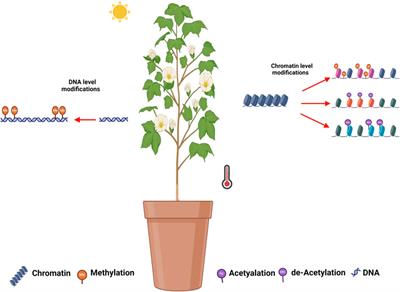
ORIGINAL RESEARCH
Published on 10 May 2024
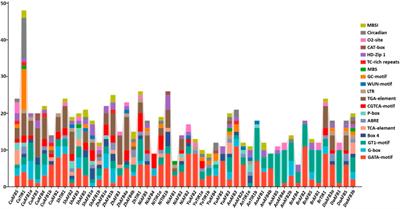
ORIGINAL RESEARCH
Published on 26 Feb 2024
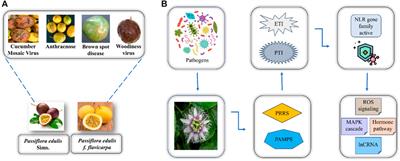
ORIGINAL RESEARCH
Published on 21 Feb 2024
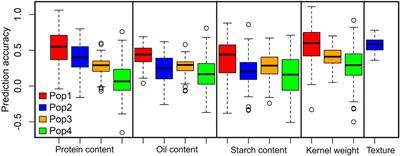
ORIGINAL RESEARCH
Published on 10 Jan 2024
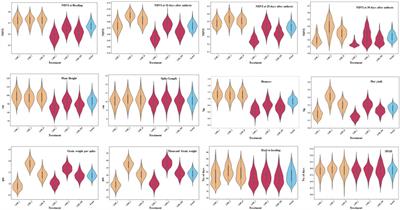
ORIGINAL RESEARCH
Published on 25 Oct 2023
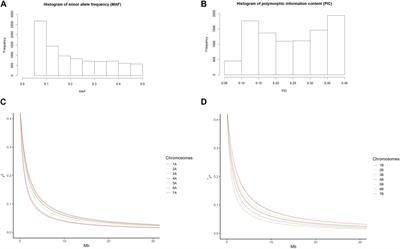
ORIGINAL RESEARCH
Published on 29 Aug 2023

ORIGINAL RESEARCH
Published on 30 May 2023

